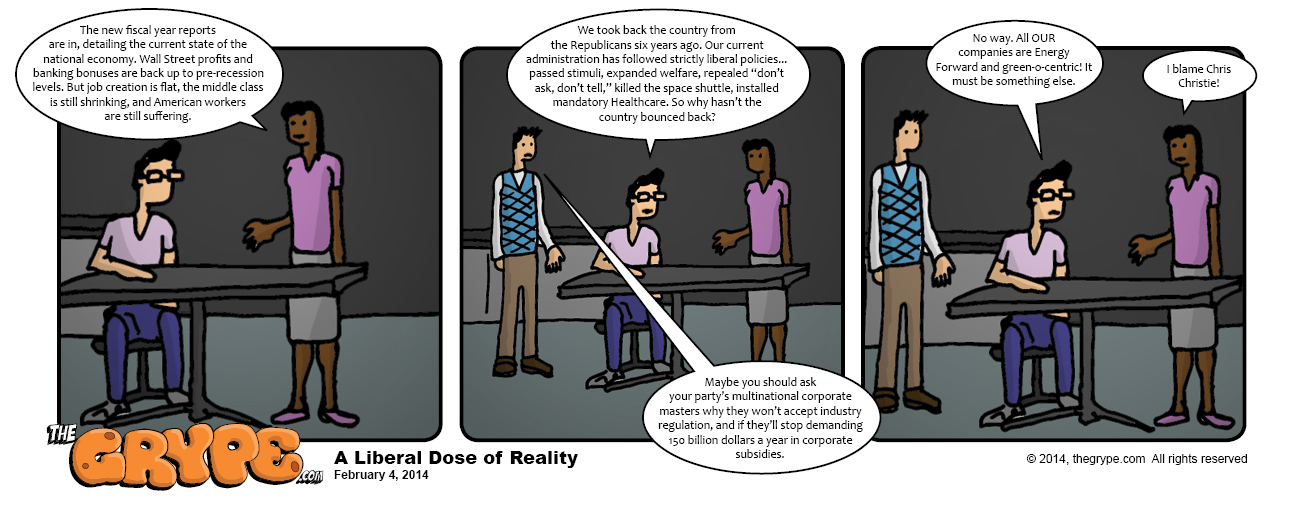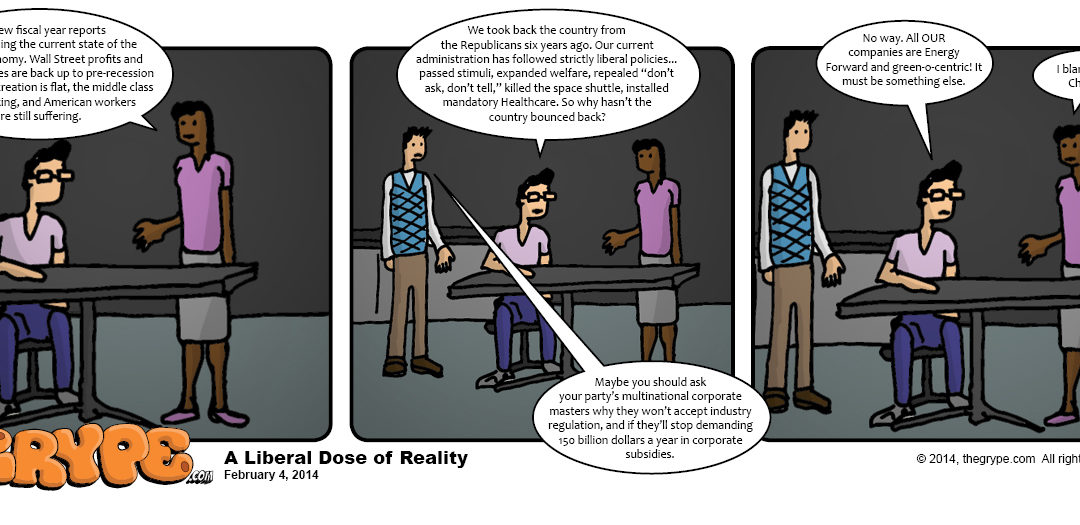 The commercialization of Facebook continues. Sure, it’s wonderful that Facebook can impress us with a cute little algorythm that generates year-in-review videos (while hijacking our identities to advertise them to our friends list without our permission, btw). But their newest variation of the “Sponsored Stories” feature— called “Related Posts”— now exploits our interactions like a giant online Tupperware party. Facebook no longer exists as a social medium to help us stay in contact with our friends; it’s been completely monetized to transform our personal networks into a source of information for their advertisers to exploit.
The commercialization of Facebook continues. Sure, it’s wonderful that Facebook can impress us with a cute little algorythm that generates year-in-review videos (while hijacking our identities to advertise them to our friends list without our permission, btw). But their newest variation of the “Sponsored Stories” feature— called “Related Posts”— now exploits our interactions like a giant online Tupperware party. Facebook no longer exists as a social medium to help us stay in contact with our friends; it’s been completely monetized to transform our personal networks into a source of information for their advertisers to exploit.
Facebook users have amassed a huge database that government and corporate researchers are now mining to predict and strategically influence our buying choices and our politics. And we go on blindly offering up detailed information on our friends, families, and acquaintances— likes, dislikes, names, ages, preferences, movement, and location— to Facebook and the various corporate research firms that pay to buy that data.
We’re not the real customers of Facebook— we’re the product. The true Facebook customers are the marketers who are mining our interaction to use against us.
Apart from that type of information, a lot of the quality content on such services as Facebook seems to be drying up, replaced by simplistic memes, cute cat videos, and a growing torrent of online whining.
For the record, I define “online whining” as the behavior whereby one constantly and repeatedly bitches and grumbles and complains about anything and everything they find annoying or obnoxious (or with which they simply disagree), while consistently refusing to do anything whatsoever to remedy or alleviate it… except more complaints piled atop the ever-growing heap. Such dull souls become their own paparazzi, endlessly broadcasting the details of their minor miseries, clogging newsfeeds with their petty dissatisfactions as if they were the ultimate arbiters of importance.
As relevant content gets less prevalent, more and more online flamewars erupt as bored users try to generate something interesting to entertain others while venting their opinions. Weird online territorial spats start when someone makes a statement with which another fails to agree, and the disagreeing party instantly assumes a position of total opposition— as if the opposing statements or comments of others are a personal attack. This descends into a wild back-and-forth as participants go further and further off the rails, until eventually the original topic no longer matters at all to the ongoing argument— it becomes simply a matter of trying to score points against one’s opponents, whether or not the statements made to garner those points are sane and rational.
Such exchanges only die when one party proves a dogged willingness to post long-winded diatribes in an attempt to bury everyone under an argumentum verbosium, resulting in all other involved parties pronouncing it all a great waste of time. Which it usually is, if no one learns anything and no one is willing to be intellectually honest enough to honor the first principle of rationality: namely, the insistence that one alter one’s position in the face of incontrovertible evidence.
If that isn’t a realistic goal, and in cases where the involved parties refuse to honor the above dictum, then all such online debates really accomplish is to give a rather weak and sad virtual soapbox to a childish game of “I touched you last.”
But I’m sure the marketing firms don’t mind such a diminishment of the Facebook signal-to-noise ratio, as long as users keep filling out their profiles, posting their location, and tagging their friends.
#firstworldproblems

